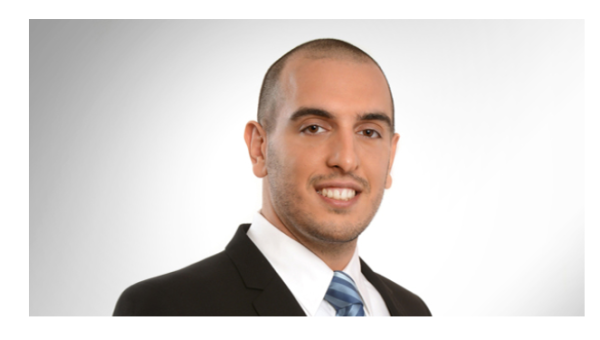Celsius Network: A Story Of Greed And Deception By CEO And Lawyer
Key Points:
- Mashinsky and Cohen-Pavon charged with defrauding Celsius customers.
- Cohen-Pavon accused of manipulating Celsius’s token.
- Executives allegedly profited millions from scheme.
Discover the dark side of Celsius Network as CEO and lawyer stand accused of scamming customers, as per Bloomberg.
Former Celsius CEO Alex Mashinsky was arrested in July and charged with defrauding customers at the now-bankrupt crypto lender. His former colleague, Celsius’s chief revenue officer, and longtime lawyer Roni Cohen-Pavon have also been charged with aiding in some of Mashinsky’s alleged crimes.
Prosecutors allege that Cohen-Pavon was key to one of Mashinsky’s schemes, manipulating Celsius’s native token CEL to mislead customers and line the executives’ pockets. While Mashinsky was the public face of Celsius, Cohen-Pavon operated behind the scenes. He allegedly took home $3.6 million from selling his CEL holdings, while Mashinsky allegedly pocketed $42 million.
Cohen-Pavon had a strong interest in crypto and helped architect the Celsius initial coin offering in 2018. In 2020, he allegedly helped craft a doomed deal with the decentralized finance app KeyFi, which compounded Celsius’s financial woes. Despite concerns about Celsius internally, Mashinsky used his weekly Q&As to create a much rosier picture for customers. For instance, he claimed the ICO was a huge success. Celsius raised $50 million, Mashinsky claimed and sold all the CEL tokens it had offered. But in reality, prosecutors say, Celsius underperformed, raising only $32 million and failing to sell one-third of its tokens.
By early 2021, Mashinsky discovered a sizable hole in Celsius’s balance sheet, partly from using customer deposits to purchase CEL. Prosecutors say he kept the problem under wraps and handpicked Cohen-Pavon to oversee Celsius’s frenzied CEL purchases on the open market. Publicly, Celsius claimed to buy CEL to meet its promise of customer rewards. Still, prosecutors allege it was buying well above that amount to prop up the price of the cryptocurrency artificially.
Cohen-Pavon was still on the payroll after the company filed for bankruptcy, and he was even in line to receive up to $239,000 to help restructure the company, according to documents in the bankruptcy case. He wasn’t placed on administrative leave until after the US Attorney’s office in Manhattan announced charges against him and Mashinsky. Celsius attorney Christopher S. Koenig said during a bankruptcy hearing days after the arrests that Cohen-Pavon would be fired “in short order.”
While announcing charges against Cohen-Pavon, US Attorney Damian Williams wouldn’t say whether the office would seek his extradition. Israel has historically erred against extraditing its citizens to face charges in other jurisdictions, said Michael Zweiback, an attorney who worked on two cases involving extradition with Israel as a federal prosecutor. In 2007, the country changed its treaty with the US to send its citizens to America if any prison sentence is served back in Israel, but Zweiback says the process is still difficult.
DISCLAIMER: The Information on this website is provided as general market commentary and does not constitute investment advice. We encourage you to do your own research before investing.














